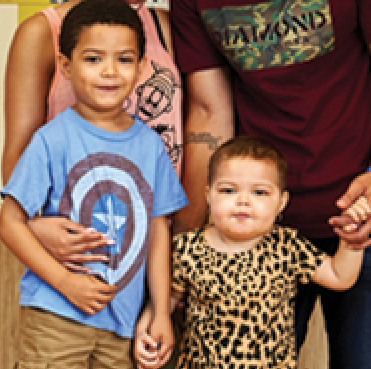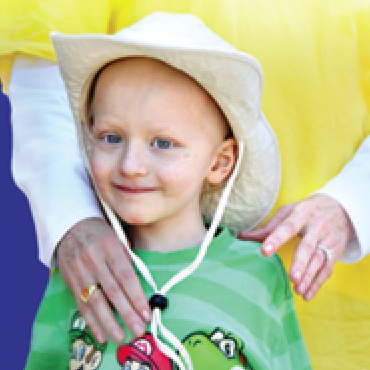 The psychologist will identify and address the family and child’s strengths and vulnerabilities which can help them maintain as normal a life as possible during the inevitable ups and downs of treatment. Improving coping mechanisms causes less disruptions in school and work as well as a decrease in noncompliance of medical treatment. Some of the interventions psychologists provide are short and can help patients through a particularly challenging time while others may require long term counseling. The issues patients and family members fall into several broad categories: coping with stress and anxiety around the illness, pre-existing mental health issues, noncompliance with treatment, and grief or palliative care.
The psychologist will identify and address the family and child’s strengths and vulnerabilities which can help them maintain as normal a life as possible during the inevitable ups and downs of treatment. Improving coping mechanisms causes less disruptions in school and work as well as a decrease in noncompliance of medical treatment. Some of the interventions psychologists provide are short and can help patients through a particularly challenging time while others may require long term counseling. The issues patients and family members fall into several broad categories: coping with stress and anxiety around the illness, pre-existing mental health issues, noncompliance with treatment, and grief or palliative care.
Stress is particularly high for parents of children with cancer and blood disorders and studies consistently have shown that parents have higher rates of PTSD than either their children or adult cancer survivors suggesting that the experience of parenting a child with cancer may be more traumatic than actually having the illness. “A cancer or blood disorder diagnosis is devastating for the child and for everyone in the family. Many families and children pay a heavy emotional and psychological price, both short term as well as long term,” says Dr. Peri Kamalakar of the Newark Beth Israel Children's Hospital. Many adolescent patients, for example, need support coping with the stress and anxiety of illness around medical procedures. There are also patients, however, who may have underlying mental health or neurodevelopmental issues that makes psychological counseling very important. Among the primary issues reported and observed by hospital staff include anxiety, depression, physical symptoms without medical explanation (e.g. vomiting before procedures, eating and sleep disturbances, unusual pain), and behavioral problems such as hyperactivity or noncompliance with medical treatment.
With patients coming from diverse backgrounds, psychologists recognize the need to integrate a family’s culture into their treatment plan. Having a translator on staff for non-english speaking families is important for the families to make informed decisions during meetings with physicians, psychologists and social workers.

Chemotherapies that cross the blood-brain barrier can have an impact on IQ, memory, problem solving, attention and processing. Children may experience withdrawal or behavioral issues and have difficulty sleeping. Dr. Heather Ginter, Psychologist at Morristown Medical Center’s Goryeb Children’s Hospital administers neuropsychological testing to assess skills and learning issues within the context of the patient’s developmental stage and medical history. The interpretation of the results can also be used to help plan for the future as the child’s brain develops and the effects of cancer treatment appear over time.
Having a psychologist available for individual and family counseling may help patients improve their coping mechanisms and decrease stress and anxiety. As a result, it may increase their ability to comply with treatments, and lessen the side effects of treatment. Long term effects will be similar, as children/families who undergo psychological counseling during their cancer treatment may learn how to decrease their stress levels in all aspects of their lives. This will lead them to ultimately decreasing the risk of suffering from post traumatic stress disorder.









